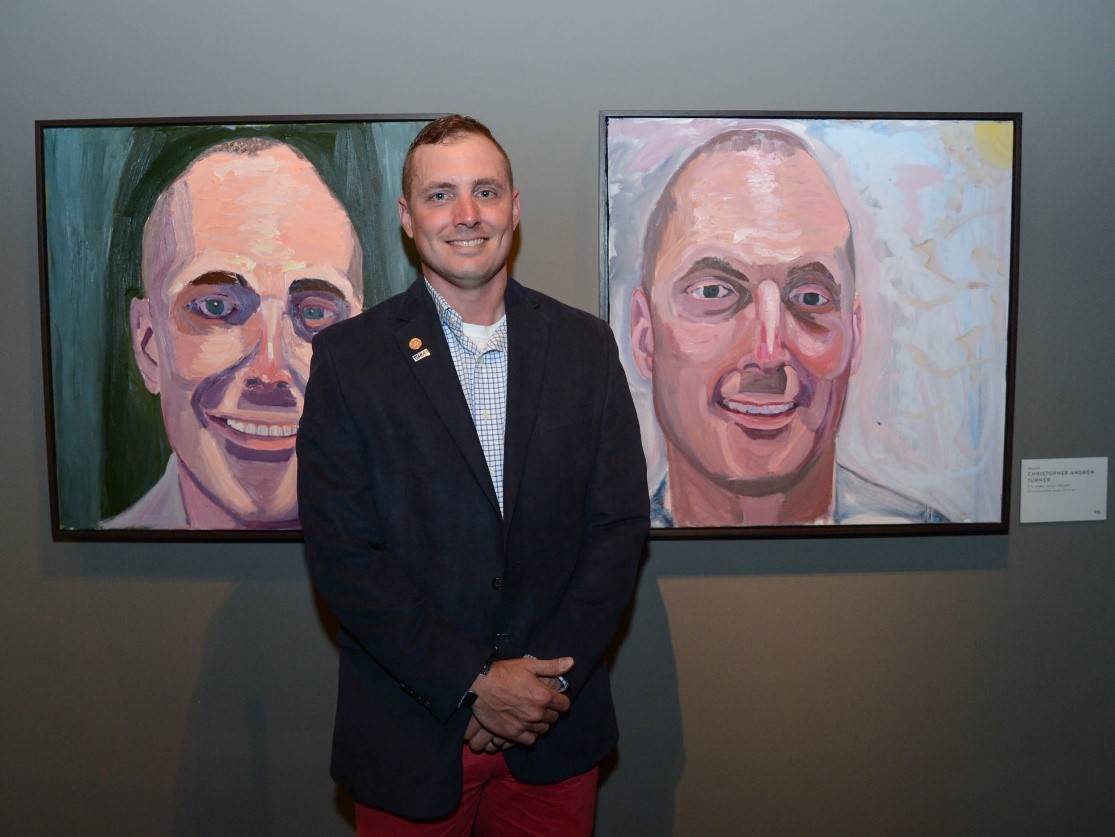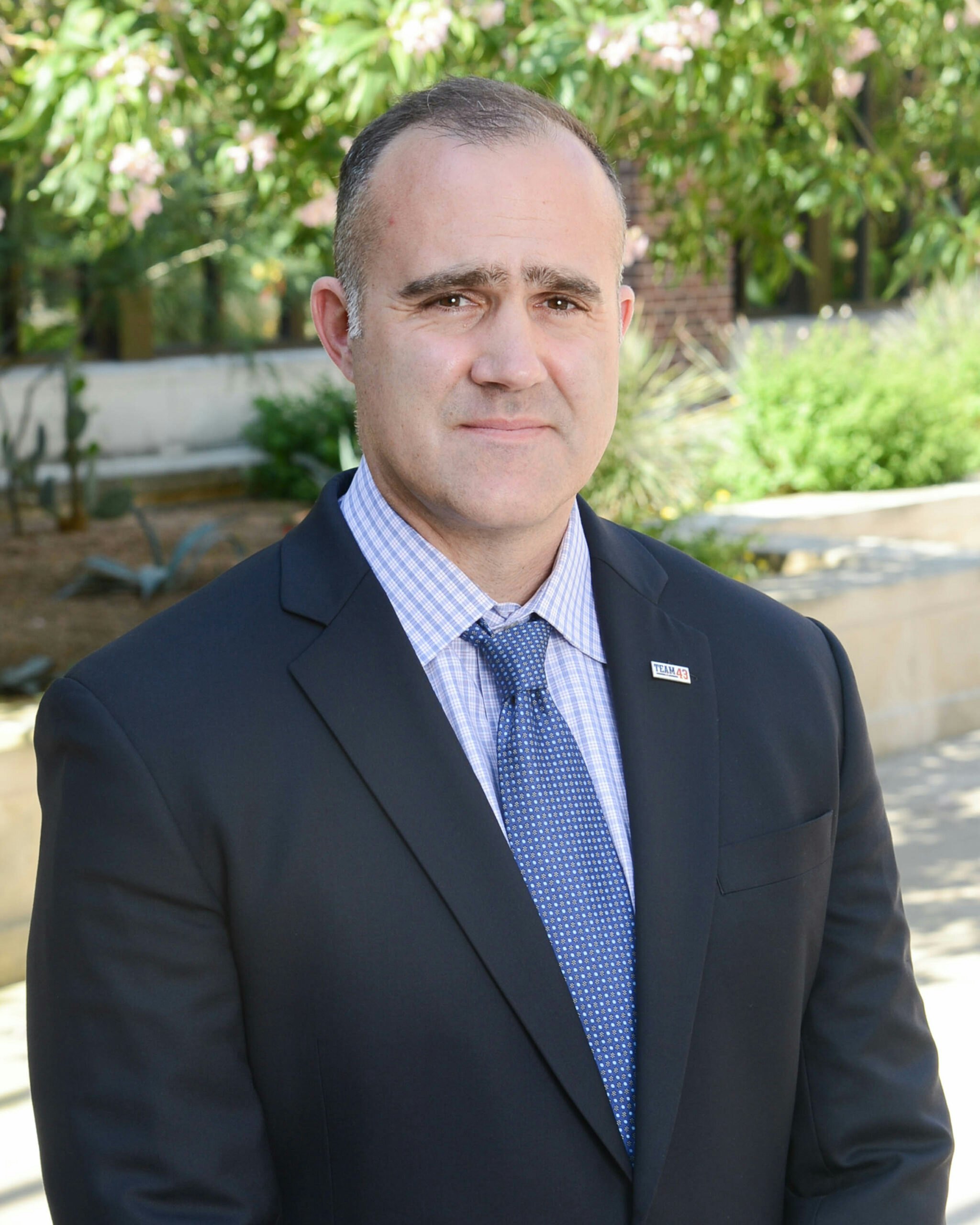The Invictus Games Foundation recently brought together the international community of veterans and peers to continue collaboration in support of our warriors.
Although the 2020 Invictus Games were postponed, the Invictus Games Foundation provided the participating nations an opportunity to virtually come together, share in the Invictus spirit, and ensure the community of veterans and peers continues to fight, recover, and lead together.
CEO of the Invictus Games Foundation Dominic Reid led the day by highlighting that the Invictus Games have turned the international community of veterans and those serving veterans into a family. He shared that the community is unique and special as the events and symposium foster resilience for our warriors and their families.
As Mollie Marti, CEO National Resilience Institute, so well said, being resilient is not only about being resourceful, it is about being resourced, and in doing so we all need each other as peers and family. Tish Stropes from Fisher House Foundation spoke to the power of family and that “resilient families spawn resilient warriors.”
Throughout the day the importance of the community of sport and the power of peer was highlighted again and again. On behalf of the Military Service Initiative, I was honored to share insights on how the George W. Bush Institute’s Team 43 family and Warrior Wellness Alliance operate as care seeking influencers and communities to optimize resilience and health and well-being. This reveals the power of the peer as instrumental in helping pay it forward and ensuring that others in need can access the right care at the right place and time.

It was an honor to share Major Chris Turner’s story, which is depicted in two portraits painted by President George W. Bush as part of the Portraits of Courage collection. Prior to the 2015 Warrior Open, Turner had never publicly shared his story and battle with the invisible wounds of war – reflected in the darker painting. On the eve of the golf tournament, among the Team 43 family and at the urging of President Bush, Turner shared his sacrifice, struggles, and recovery—depicted in the painting on the right.
Turner’s portraits are a visual testament to the power and community of sport and the Team 43 family. Today, Turner looks for opportunities to share his story—without the fear of stigma— and encourages others to seek help.
In the spirit of collaboration, it was important for me to share details about the Warrior Wellness Alliance. The Bush Institute recognized that peer-to-peer networks and health care providers were working in silos— impacting veteran transition and empowerment to lead in their communities. To solve for this, the Bush Institute created the Warrior Wellness Alliance. Through this programming, peer-to-peer veteran networks are linked with care providers, so that more warriors receive effective clinical care for the invisible wounds of war. This collaboration resides in these organizations collaborating to generate solutions and break down the barriers to care.
Important elements to enable this support include:
- A deliberate connection resource to ease burden on those seeking care
- The establishment of common data elements to best know our core customer
- Targeted outreach to reach the right peers
- A framework and definition of high quality care as it applies to post-traumatic stress
On May 13, the Invictus spirit was alive and well as others shared their successes and lessons learned in helping our veteran community. The day also provided a friendly reminder that we fight together, recover together, and lead together, and the opportunity to collaborate and share best practices will accelerate our efforts in helping veterans thrive and lead their communities and nations.




























